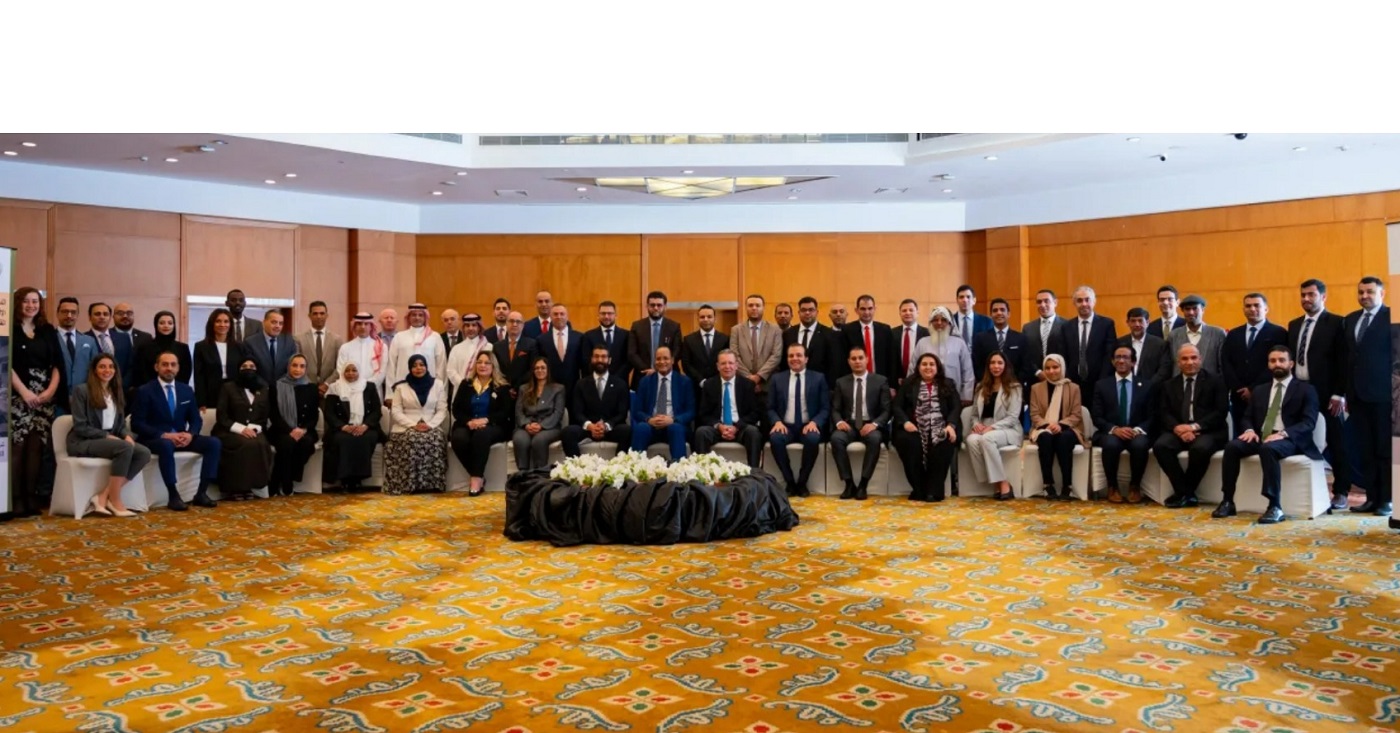Cairo (ICRC) – The renowned International Humanitarian Law (IHL) Regional Arabic Course successfully concluded on Tuesday 9 December 2024 in Sharm El-Sheikh, Egypt, bringing together distinguished IHL experts and government officials from across the Arab region. The course, which took place from 3 to 9 December, was organized by the ICRC, in coordination with the League of Arab States (LAS) and the Egyptian National Committee on International Humanitarian Law (ENCIHL)
The course brought together participants from 17 Arab states, marking an important milestone in IHL education across the region. It brought together government officials from different ministries (including Ministries of Defense, Foreign Affairs, and Interior) and different Arab NCIHLs, as well as prominent IHL academics and members of Arab national societies.
“The main aim of this course is to enhance the understanding of IHL among Arab officials. I would like to take this opportunity to reaffirm the determination and commitment of the League of Arab States to make every effort to facilitate this course and ensure its success in spreading and promoting IHL,” said Ambassador Mohamed Al-Amin Weld Akeek, Assistant Secretary-General of the LAS and Head of the Legal Affairs Sector, during the opening session.
This year marks the 20th anniversary of the first IHL Regional Arabic Course, which was launched in 2004 following a resolution issued by the League of Arab States’ Ministers of Justice Council. Since its inception, the course has aimed to enhance understanding of IHL, the legal framework that seeks to protect civilians, prisoners of war, and those not actively engaged in hostilities during armed conflict.
“The International humanitarian law emerged with the noble purpose of preserving and safeguarding human life and civilian property during wars and armed conflicts. The national commissions on IHL are one of the most important tools developed by the international community to implement and prevent violations of IHL. They have an important role in both times of peace and war,” said Judge Hossam Sadek, Assistant Minister of Justice for international cooperation and Secretary General of the ENCIHL.
The course remains as timely as ever in today’s complex global environment. With over 120 armed conflicts raging across the globe, the human toll is shocking, particularly in regions like the Middle East. Conflicts in Gaza, Sudan, and other areas of the region have brought immense suffering, with humanitarian conditions worsening, and civilians bearing the brunt of violence and destruction. As some of these conflicts enter their second decade, it is clear that more decision-makers and experts in IHL are needed to navigate these realities and ensure the protection of human life.
During the opening session, Myriam El-Kholy, Deputy Head of the ICRC delegation in Cairo, stressed the urgent need for continued commitment to IHL: “Given the staggering figures of civilians enduring immense suffering as a result of armed conflict, we cannot lower our standards, diminish our ambitions, or relax the benchmarks for humanity. International humanitarian law exists to reduce suffering in conflict. If it is not applied now, in this moment of urgent need, when will it be?”
The IHL Regional Arabic Course included expert-led sessions, case studies, and practical discussions on the key principles of IHL, such as the protection of civilians, the conduct of hostilities, new technologies of warfare, IHL and Islamic Law, Protection of missing persons and their families, showcasing the IHL implementation mechanisms as well as having an overview on the international criminal legal system. It allows the opportunity to present the law as it exists, as well as the challenges and gaps that exist and efforts to overcome them.
The course, which continues to be a cornerstone of ICRC’s efforts in the region to implement and disseminate IHL, highlighted the essential need for more IHL experts in the Arab world, particularly as the region grapples with ongoing and protracted conflicts.
About the ICRC
The International Committee of the Red Cross (ICRC) is an impartial, neutral, and independent organization ensuring humanitarian protection and assistance for victims of war and armed violence. It is present in more than 90 countries around the world, including Egypt, where it has been working for over 100 years.



Comments